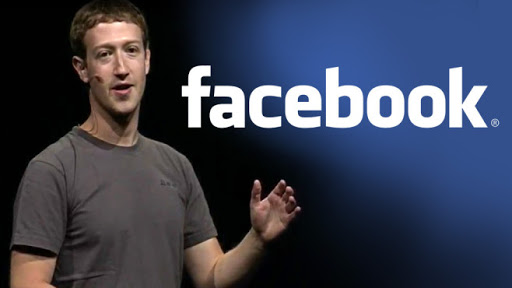Zuckerberg Unveils Meta’s Virtual Reality Headset
Mark Zuckerberg unveiled his company’s newest virtual reality headset on Tuesday, the Meta Quest Pro, the CEO’s latest foray into the world of high-end VR devices that Meta Platforms hopes will entice creators and working professionals to adopt its vision for a virtual future.
The Meta Quest Pro is the company’s most recent headset in a product line previously branded as Oculus and includes a number of technological advancements from the company’s Quest 2 headset that was launched in late 2020.
It’s also much more expensive than its predecessor. The new device will cost US$1 500 , or three times the price of the Quest 2, in part because the company is targeting more serious working professionals. While Meta’s Quest 2 headset has sold an estimated 15 million units, many people still associate VR with gaming, a connection Meta seems to be trying to avoid in marketing its newest headset.

Face and eye tracking can be used to humanise avatars so that conversations in VR feel more personal
“It’s work focused,” Zuckerberg told a small group of reporters in Redmond, Washington, in late September. “The ideal customers for this are going to be either people who just want the highest end VR device — so enthusiasts, prosumer type folks — or people who are trying to get work done.”
Read also : Apple Sued Meta for Skirting its Privacy Rules to Snoop on Users
Some of the Quest Pro’s new features are built for this audience and would be particularly useful for people doing meetings in VR while working remotely. The device includes face and eye tracking, which can be used to humanise avatars so that conversations in VR feel more personal. It also has what Meta calls a “full-colour mixed reality experience”, which uses cameras on the outside of the headset to let people see the world around them and overlay graphics while wearing the device. (The Quest 2 also has this mixed reality feature, but only in black and white.)
Meta is also launching new “self-tracking” controllers alongside its new headset, which means each controller has “built-in sensors” that can “track their position in 3D space independent of the headset”, according to Meta’s blog post about the product.
Meta and Zuckerberg have been teasing the Quest Pro for months, and many of the headset’s details leaked ahead of Tuesday’s announcement at the company’s annual Connect conference. Still, Meta’s research in developing virtual and augmented reality headsets is key to plans for the so-called metaverse, an immersive version of the Internet where Zuckerberg hopes people will eventually work and play.
Someday users may access the metaverse as digital avatars through devices like the Quest Pro, and eventually augmented reality glasses intended to look like ordinary reading spectacles. That vision is still far off – and costing Meta tens of billions of dollars in the interim. The company said investments in its Reality Labs division that’s responsible for building the metaverse cut operating profits by $10-billion in 2021.
Read also : Facebook May Deploy End-to-End Encryption for all Messenger Chats
Many have raised doubts as to whether Zuckerberg’s vision is even possible. After the CEO recently posted a picture of his own avatar to his Facebook page, he was mocked ruthlessly by people who felt the image looked amateurish. (He quickly ordered up a more advanced version, and Meta is creating much more sophisticated looking avatars than the one Zuckerberg initially posted.)
Meta is building other technology besides headsets that will also play into this vision. While some of it, like the full-colour mixed reality and facial tracking technology, is already available, a lot of the technology is much further off. That includes things like easy-to-use 3D scanning so people can photograph or video personal items and quickly upload digital versions of those items to a virtual world. It also includes improved spatial audio so that conversations happening in the metaverse will have the same acoustic feel as those that happen in real life.
The company is working on a wristband that can detect neurological signals in humans and turn those signals into outputs on a digital screen. The technology essentially turns the human hand into a remote control, a helpful tool when trying to operate a pair of smart glasses.
Zuckerberg demonstrated this technology to a group of reporters late last month from one of the company’s office buildings near Seattle. The wristband is bulky right now, he acknowledged, but eventually he believes it will be stylish enough that people always wear it to control the devices around them.
Read also : Egypt’s Tech-enabled Pharmaceutical Distribution Marketplace i’SUPPLY Raises $1.5M Pre-Seed Round
“I think in the future people will use this to control their phones and computers and all this other stuff,” he said. “You’ll just have a little band around your wrist.
“It’s not that far off.” He added. “It’s not this year, but it’s not that far off.”
Kelechi Deca

Kelechi Deca has over two decades of media experience, he has traveled to over 77 countries reporting on multilateral development institutions, international business, trade, travels, culture, and diplomacy. He is also a petrol head with in-depth knowledge of automobiles and the auto industry


